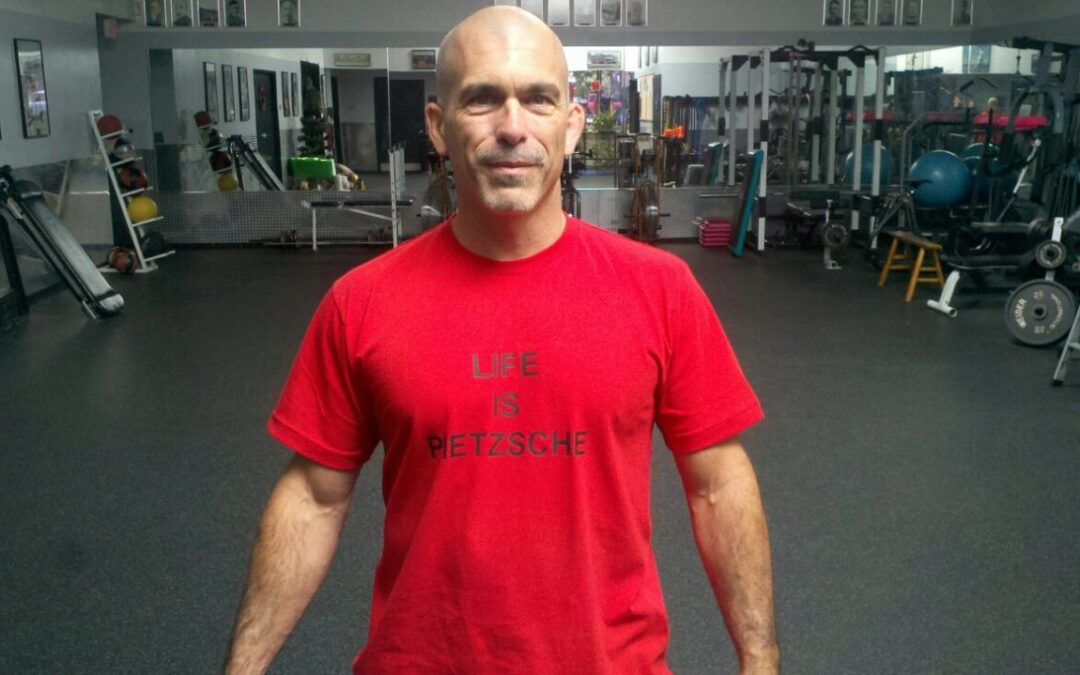“
The Impact of Self-Awareness (or Lack Thereof) on Life Choices and Decisions”
Introduction:
Self-awareness, the ability to introspectively understand one’s thoughts, emotions, and behaviors, is a fundamental aspect of human consciousness. It shapes the choices we make, influences our relationships, and determines our overall well-being. However, not everyone possesses the same degree of self-awareness, and the consequences of lacking it can be profound. In this article, we explore the critical role that self-awareness plays in shaping individuals’ lives and the choices they make, while also discussing strategies to enhance self-awareness.
The Nature of Self-Awareness:
Self-awareness is not a one-size-fits-all trait. It exists on a spectrum, with some individuals being highly self-aware and others less so. Several factors contribute to variations in self-awareness, including cultural influences, life experiences, and personal development.
How Lack of Self-Awareness Impacts Life Choices:
- Career Choices: People who lack self-awareness may choose careers based on external pressures or societal expectations, leading to dissatisfaction and underperformance.
- Relationships: Poor self-awareness can hinder individuals’ abilities to understand their own needs and boundaries, resulting in codependent or conflict-ridden relationships.
- Conflict Resolution: Those with low self-awareness may struggle to recognize their own roles in conflicts, making resolution more challenging.
- Financial Choices: A lack of self-awareness can lead to impulsive spending and poor financial planning, as individuals may not understand their spending habits or financial goals.
- Health and Well-being: Self-awareness is crucial for recognizing physical and mental health issues. Without it, individuals may neglect their health or engage in self-destructive behaviors.
- Communication Skills: Effective communication relies on understanding one’s emotions and perspectives. Low self-awareness can result in misunderstandings and ineffective communication.
- Leadership: Leaders lacking self-awareness may make poor decisions and struggle to manage teams effectively, impacting organizational success.
- Personal Growth: Those with low self-awareness may resist personal development, remaining stagnant in their lives.
- Ethical Decision-Making: A lack of self-awareness can lead to unethical behavior, as individuals may not fully consider the ethical implications of their choices.
- Goal Setting: Setting and achieving goals require an understanding of one’s abilities, values, and priorities. Without self-awareness, goals may be unrealistic or unfulfilling.
- Stress Management: Recognizing stressors and implementing stress management strategies is challenging without self-awareness, potentially leading to unhealthy coping mechanisms.
- Parenting: Parents with low self-awareness may struggle to empathize with their children’s needs and emotions, affecting parent-child relationships.
- Social Interactions: Poor self-awareness can make individuals appear arrogant or socially awkward, as they may be unaware of how their behavior affects others.
Ways to Develop Better Self-Awareness:
To enhance self-awareness, individuals can consider the following strategies:
- Mindfulness Meditation: Regular mindfulness meditation helps individuals become more attuned to their thoughts, emotions, and bodily sensations.
- Journaling: Keeping a journal can provide insights into one’s thoughts and emotions, helping to identify patterns and triggers.
- Therapy and Counseling: Professional help can facilitate self-discovery and provide tools to improve self-awareness.
- Seeking Feedback: Encourage honest feedback from trusted friends, family members, or colleagues to gain different perspectives on your behavior and personality.
- Self-Reflection: Set aside time for introspection to contemplate your values, goals, and personal growth.
- Emotional Intelligence Training: Develop emotional intelligence skills to better understand and manage emotions, both your own and others’.
- Personality Assessments: Tools like the Myers-Briggs Type Indicator (MBTI) or the Enneagram can provide insights into your personality traits and behaviors.
Conclusion:
Self-awareness is a vital aspect of human psychology that influences every facet of our lives. Those who actively cultivate self-awareness tend to make choices that align with their values, needs, and long-term goals, leading to greater personal fulfillment and healthier relationships. As Mahatma Gandhi once wisely said, “Be the change that you wish to see in the world.” Recognizing the importance of self-awareness and taking steps to develop it can empower individuals to make more informed and meaningful decisions, ultimately improving their quality of life and contributing positively to the world around them.

